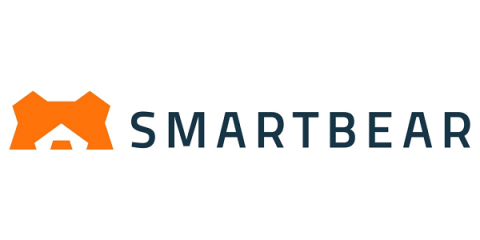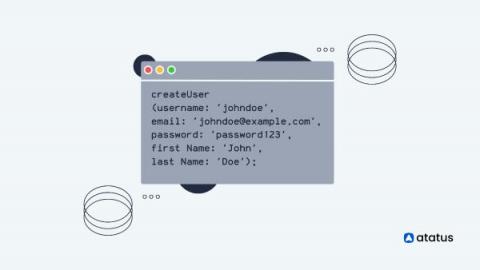Systems | Development | Analytics | API | Testing
Latest Posts
Building Cloud Native Data Apps on Premises
Data is core to decision making today and organizations often turn to the cloud to build modern data apps for faster access to valuable insights. With cloud operating models, decision making can be accelerated, leading to competitive advantages and increased revenue. Can you achieve similar outcomes with your on-premises data platform? You absolutely can.
Yellowfin Guided NLQ vs Tableau Ask Data: What's the Difference?
Getting Started with Fastify for Node.js
Chances are high that you've previously worked with Express, as it's been the go-to web framework for Node.js developers since its release in 2010. However, in recent years, newer web frameworks have emerged, and Express's development has slowed down significantly. Fastify is a relatively new player on the scene, but it's quickly gaining popularity due to its speed and unique features. If you're still using Express, you might wonder if it's worth switching to Fastify.
Test Maintenance: Guide On How to Maintain Automated Tests
A clean test script is a good test script. But a well-maintained test script is the best. And while developers work hard to add/update application features, it is the well-maintained test scripts that pick out tiny mistakes that slip into the code. You can turn to automation testing to fix the mistakes in the software, but what if the test cases themselves are wrong? maintenance Testing helps here. It keeps the tests up to date, ensures AUT quality, and increases overall test coverage.
6 steps to building world-class data operations
Practical advice for starting your journey to analytics excellence.
How to Overcome Flaky UI Tests
When writing your test automation scripts, it can be especially difficult to write code that adequately identifies visual defects. Typical functional tests do a poor job capturing all visual changes and they also leave you with lengthy and flaky code. And when your code becomes flaky, it becomes unreliable.
Named arguments in PHP 8.0
PHP is a popular server-side programming language used to build dynamic websites and applications. With the release of PHP 8.0, there are several exciting new features that developers can take advantage of to improve their code and make it more efficient. One such feature is named arguments, which allows developers to specify function arguments by name rather than just by position.
DynamoDB to Redshift: 4 Best Methods
Scaling Kubernetes Deployments of Kong
In my previous post on scaling Kong deployments with and without a database, we covered the concepts of deploying Kong with and without a database, as well as using decK, distributed, and hybrid deployments. In this article, we take a tour of some of the possible Kubernetes deployments of Kong. Kubernetes (K8s) is the container orchestration war winner. While there are still deployments using other engines, we see K8s far more.











